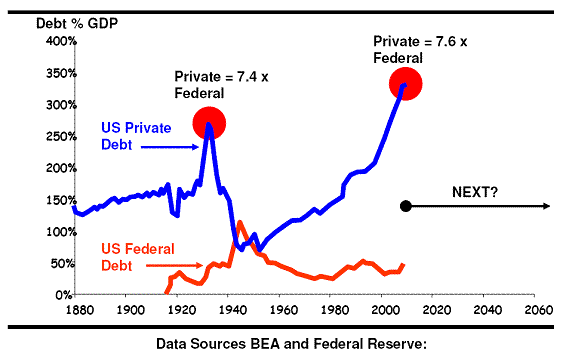Actually, American's have a warped way of describing their political ideology. Go anywhere else in the world and say you are a "liberal" and it's understood that you believe in small government, individual liberty, and most likely subscribe to free market theory (Austrian Economics). After WWII when "progressive" became a dirty word the left swapped the terms. So now, only in the USA, when one says they are a liberal it's understood that you are a Neo-Liberal or a Progressive (ie Statist). The opposite of what classic liberals are.
Conservatism (post WWI and WWII) was liberal (classic) ideology and a non-interventionist foreign policy (ie conservatives are against war). Progressives are the interventionist (ie support military conflict).
These days everyone call the Republican Party "conservative" which is a joke. They are war mongering big government statists (ie Progressives). Ron Paul is the only true liberal, the only true conservative in American politics. That's why his ideas are so strange and radical to both Republicans and Democrats. Because most everyone in the USA is Progressive. All the bickering and fighting between the two parties is nothing more than inter-ideology squabbling. Liberalism and true conservatism has been extinct in American politics for a long time.
As far as Newt. The biggest laughs I've gotten so far in this Republican Primary is the zombie "conservatives" running around with those $2.50 signs. So Newt is going to set the price of gasoline at $2.50...... forever? Those are state capital controls. And he gets this number by talking to all these "experts." Then he rambles on about how the free market sets the price of gasoline. It's the most bizarre and moronic display of politics I think I've ever seen. Plus he's itching to go to war (interventionist) and build moon bases.
Newt is a Progressive. Regan was a progressive. Bush I and II were progressives. Hoover was a self professed Progressive. You can call them Neo-Conservatives, but that's just another word that describes Progressive ideology. The modern left in the USA like to associate the word Progressive with "good" and justice and Democrats, but that's a fallacy. Progressives are the war mongers. More so in the Republican party, but the Democrats like their wars too.
Ron Paul is the only conservative that we've seen in decades.
That is laying it out bro! Thanks and well done.
Ron Paul is the only conservative that we've seen in decades







